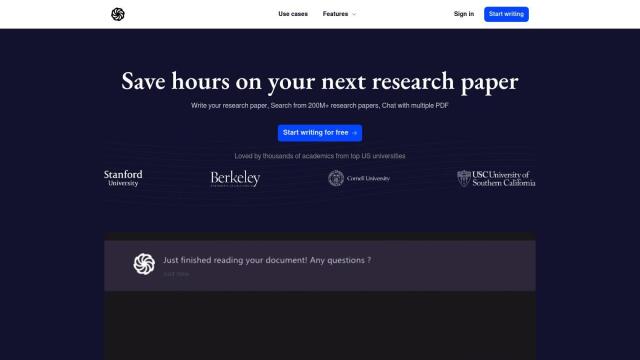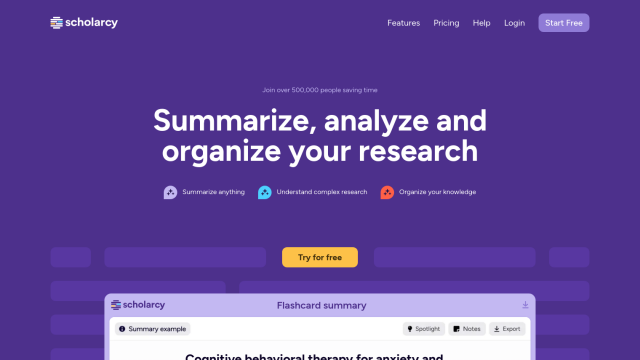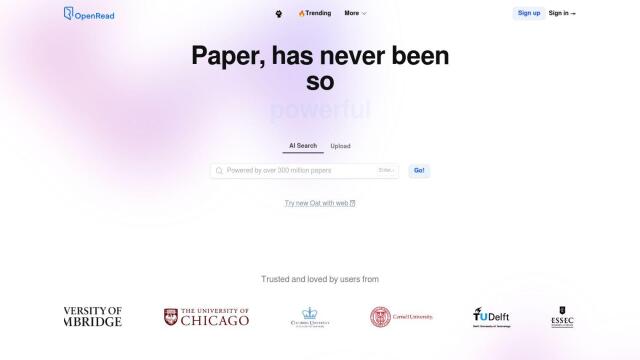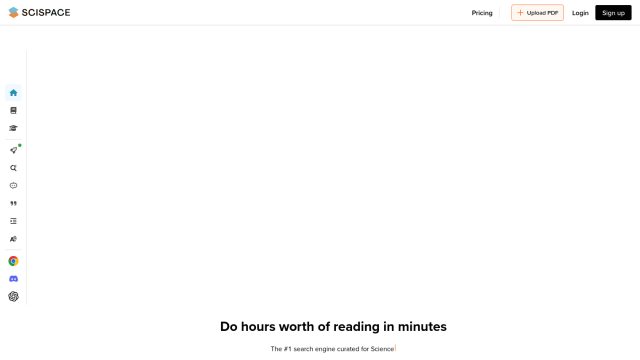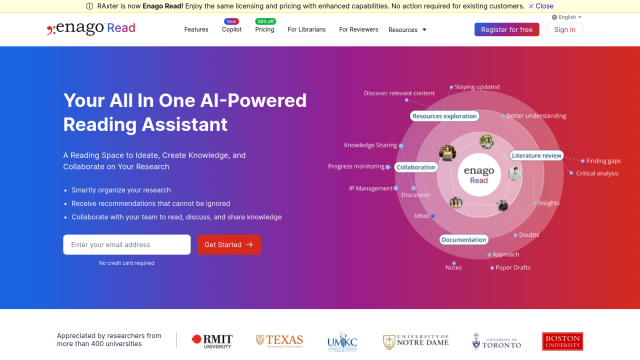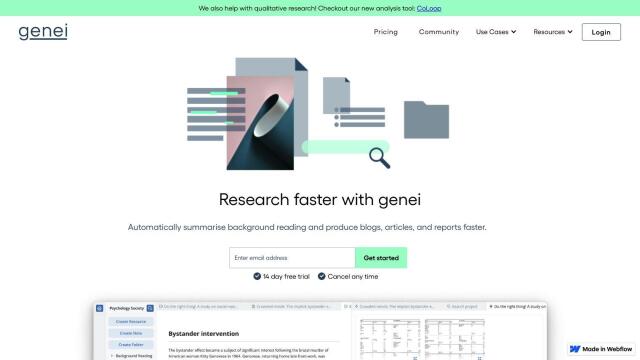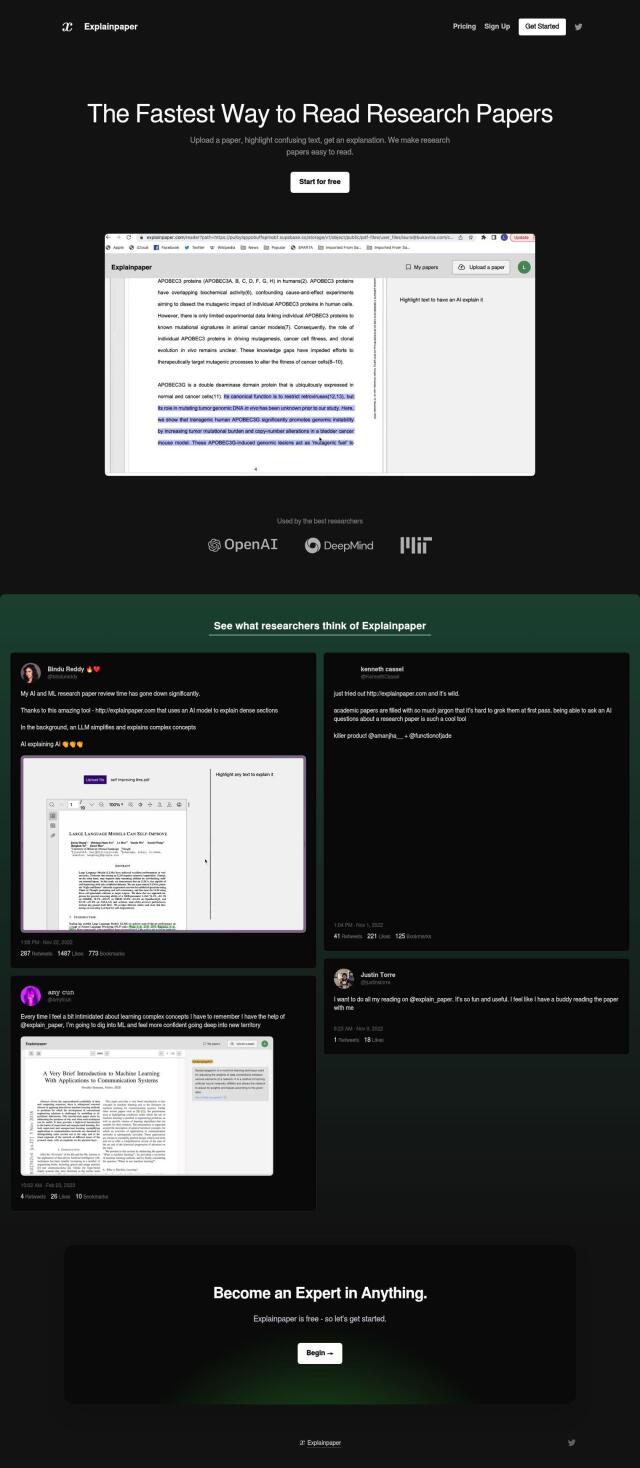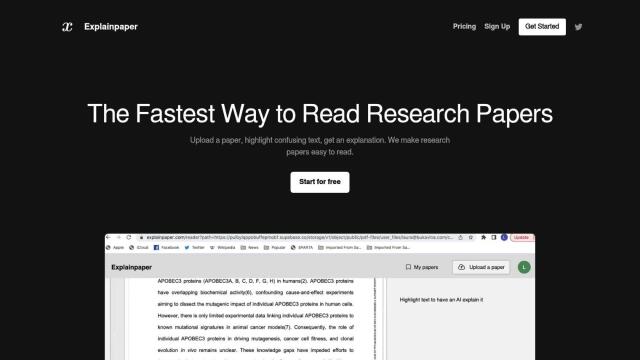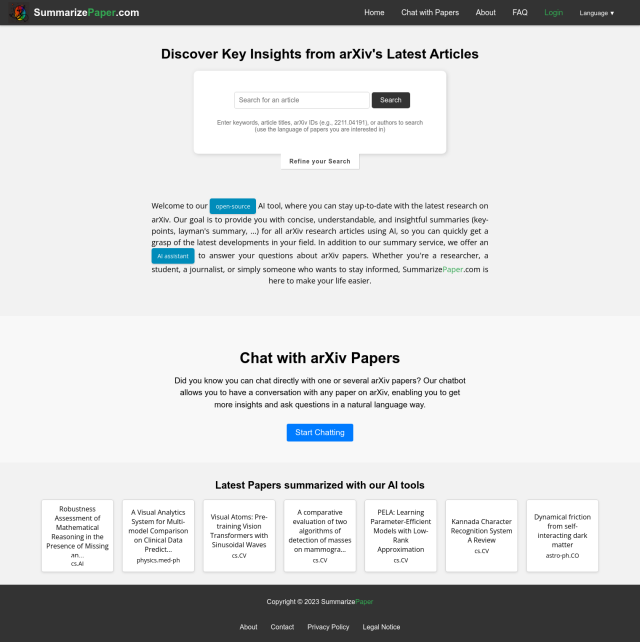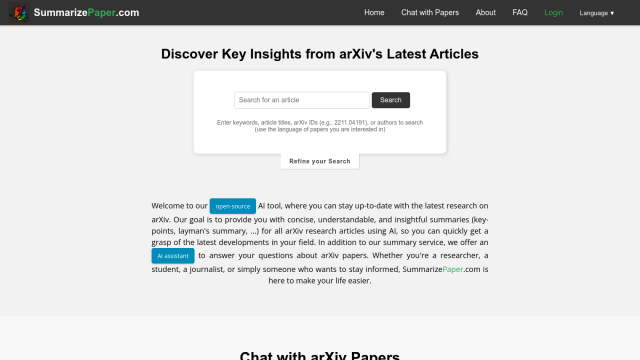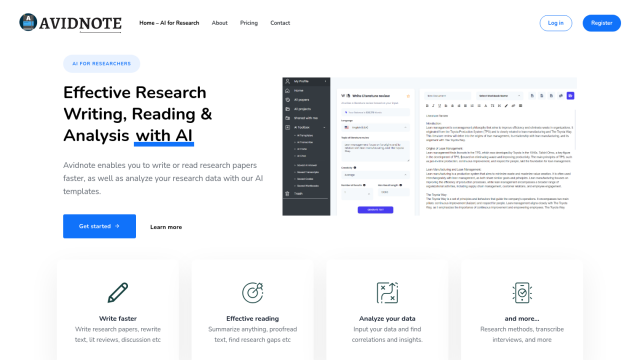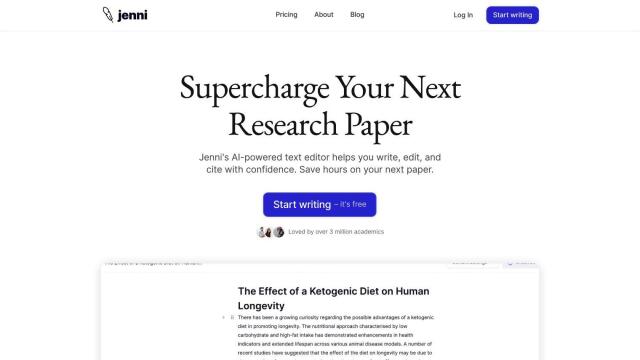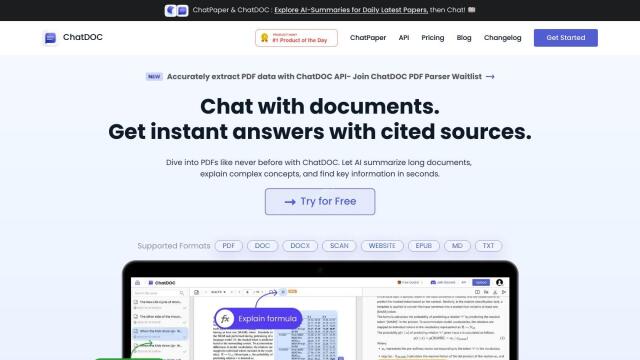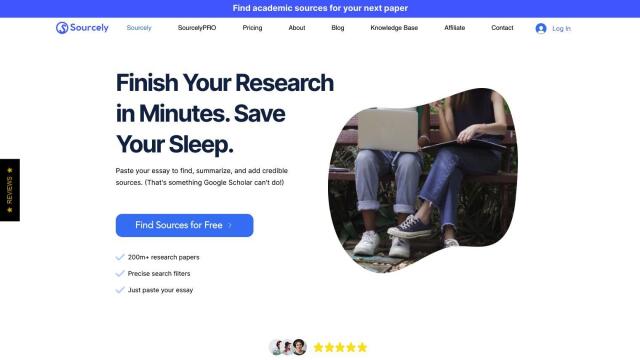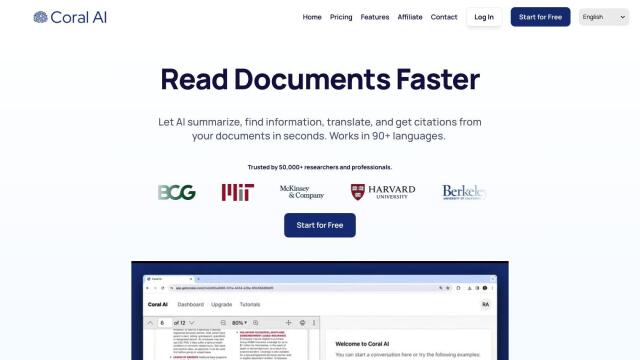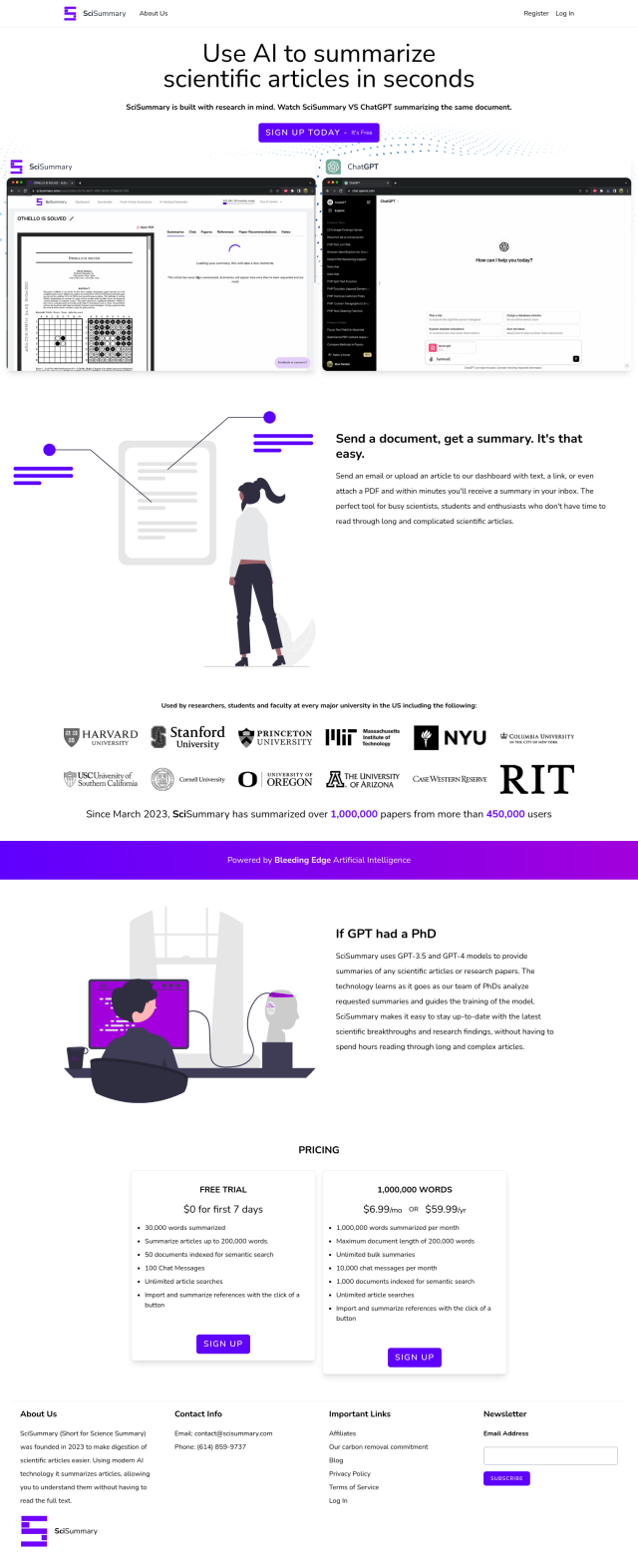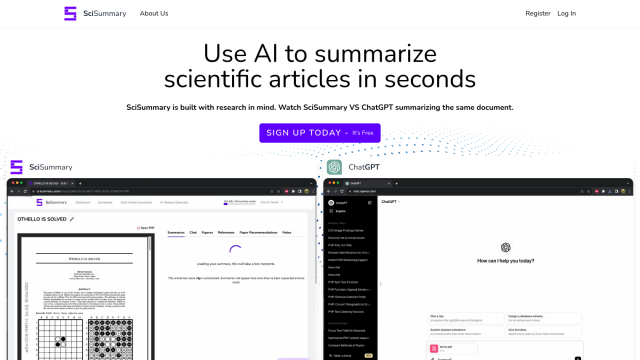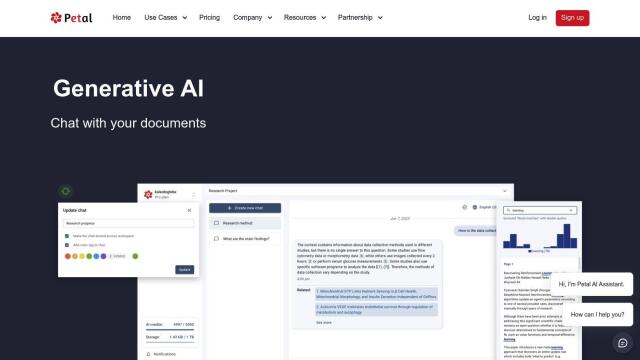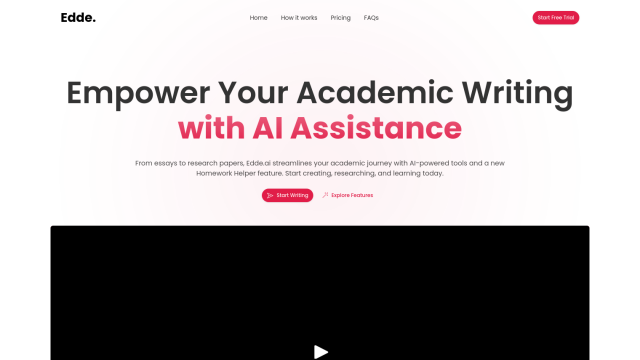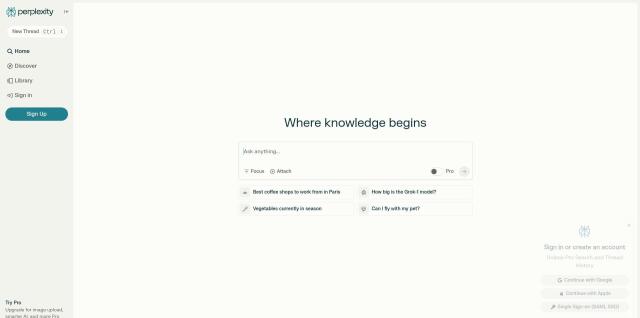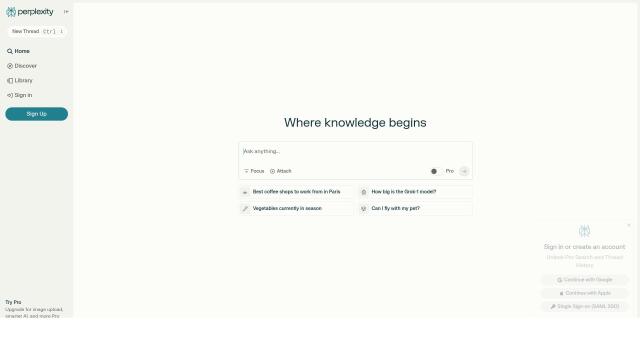Question: Do you know of a solution that can validate research claims by analyzing multiple papers and providing citations?

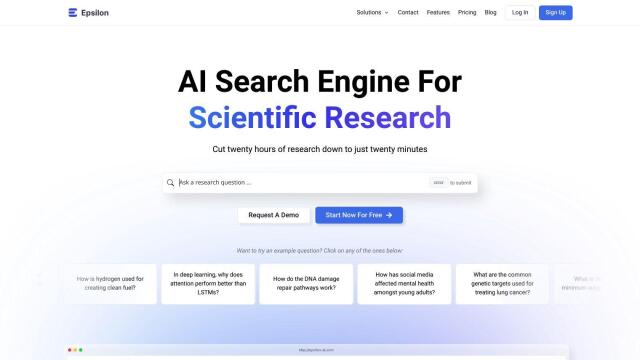
Epsilon
If you want a tool that can scrutinize research claims by analyzing a collection of papers and offering citations, Epsilon is a great option. Epsilon is an AI-powered search engine that can speed up scientific discovery by finding relevant citations, summarizing papers and synthesizing conclusions. It includes a "Validate" feature that can extract information from a collection of papers to assess claims and find supporting citations, for example, so it's a good tool for researchers.

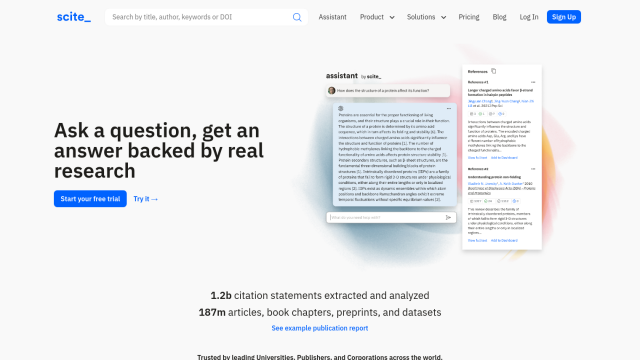
Scite
Another tool worth mentioning is Scite, which can help researchers get more out of their research with Smart Citations that offer context and categorize evidence supporting or refuting specific points in scientific papers. Scite has a database of more than 1.2 billion citation statements to ensure they're accurate, and offers customizable dashboards and journal metrics to monitor insights, and it's a good option for both individual researchers and organizations.
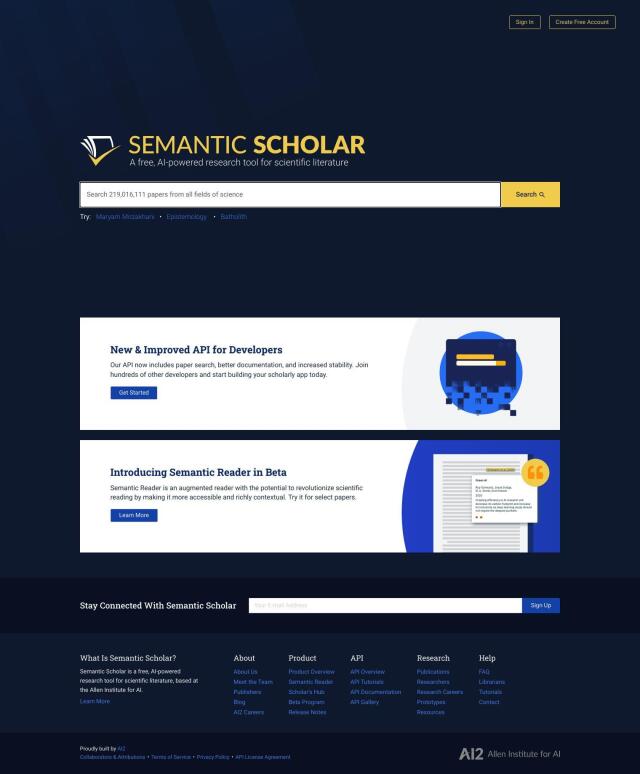
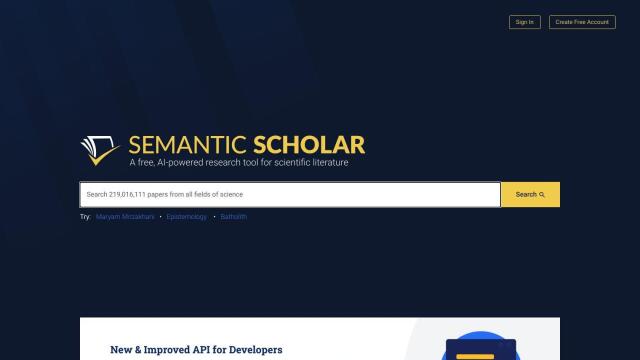
Semantic Scholar
For a free AI-powered research service, Semantic Scholar offers a powerful search with filters for various attributes and brief summaries (TLDRs) to help you quickly evaluate papers. It also offers tools to cite papers in different styles, organize papers into folders and create AI-powered research feeds, so it's a good option for researchers who don't want to pay for subscriptions.

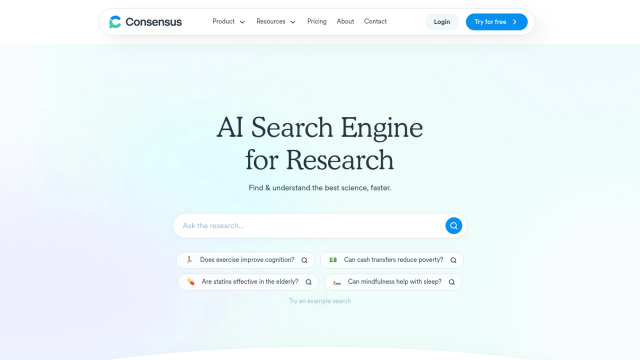
Consensus
Last, Consensus is another AI-powered academic search engine that can help you cut down on literature reviews and quickly validate research. It covers a lot of research, offers AI insights through Copilot and Consensus Meter, and includes proprietary search tools with filtering options, so it's good for students, researchers and professionals in many fields.



